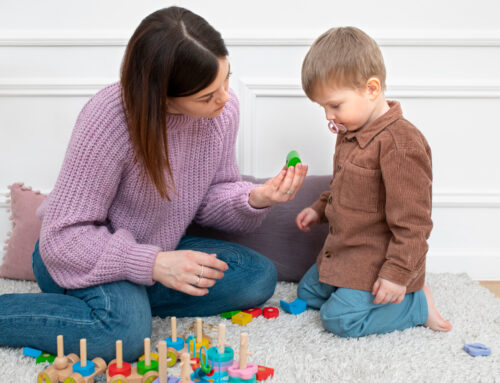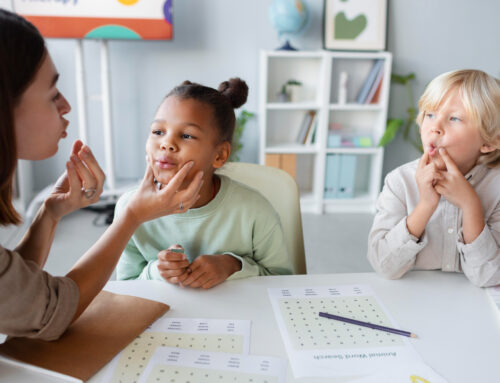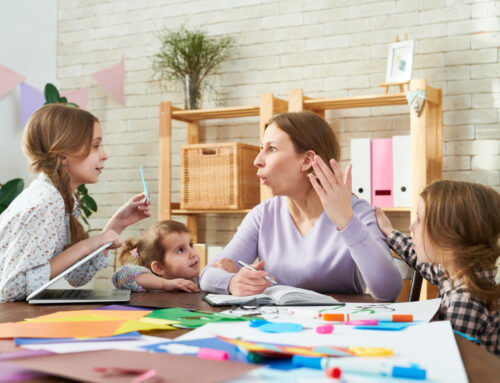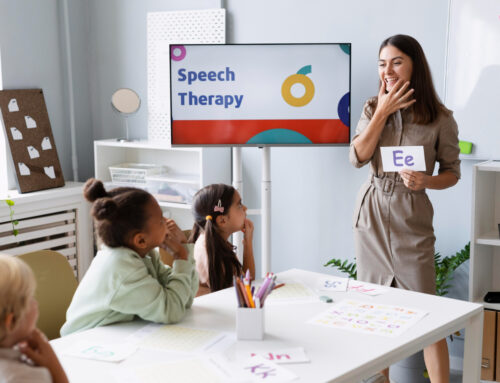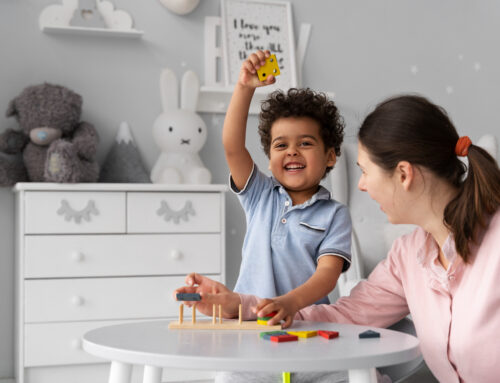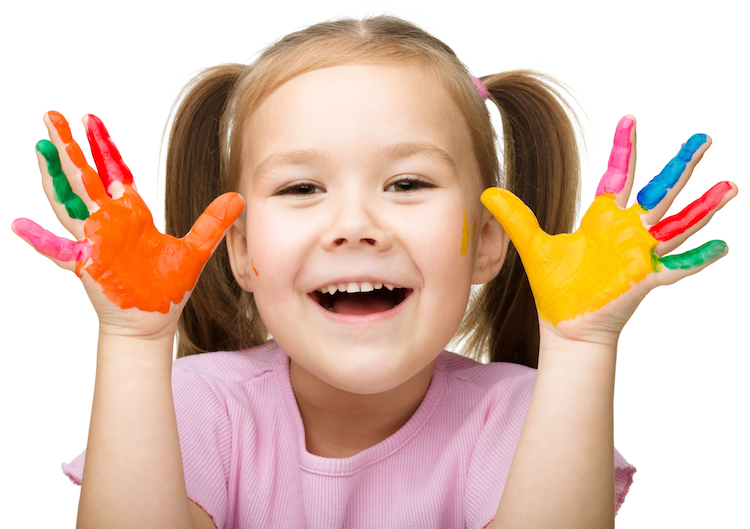
- Parents, especially those of us who reside in the United States…some of us have an obsession with cleanliness. This is not necessarily a bad thing since we prefer that our children play in a clean environment in order to avoid germs and infections. However, do you notice how quick we are to grab that wipe or paper towel to get those fast sticky hands washed? How many of us freak out when our children dig through the dirt, sift through that open bag of flour, or smear toothpaste and mommy’s make-up all over their face and belly?It is fair to say that there are certain, messy activities that we shouldn’t support our children in conducting…like digging through an open garbage can or eating a 3-day old apple core off of the floor. We have our limits for safety reasons. On the other hand, it is perfectly healthy to let our children engage in messy play. From an OT’s perspective, here’s why:
- Messy play means exploration: When kids are diving into things that splatter and sprinkle, they are naturally using those inclinations to explore their environment. The best way for children, especially young ones, to learn about their surroundings is to touch and to experiment with tangible things- watch those Legos scatter as they knock over the block tower, take dirt out of a plant pot and throw it on the ground, draw a stick of lipstick on the tile floor, and so on. Exploration teaches children about cause and effect, that certain behaviors that they initiate have consequences.
- Messy play is still play: The sole responsibility of a child is to play. Yes, as children get older they take on more responsibilities like schooling and chores; however, children learn so much about life by just playing.
- Messy play works those fine motor skills: Messy play provides children with the grand opportunity to get those fingers working. Developing fine motor skills in tasks that don’t seem to matter, like balling up play dough, transforms into more complicated fine motor tasks such as hand-writing, self-feeding, etc.
- Messy play turns on those sensory systems: Messy play gives your child’s brain and sensory system a chance to function properly in activities that matter to them. If we don’t allow our child to dip their hands in dirt, finger-paint, or other messy substances, why should we expect them to be comfortable in eating finger foods?
- Messy play can be a form of self-regulation: For some children, messy play can be a little hard because they don’t like having stuff on their hands. For others, engaging in messy play is calming and soothing to their entire body.
Messy play does not have to be an out-of-control activity. You don’t have to say to your children, “Okay, there are no rules so go to town!” Otherwise, you as the parent just might go crazy as you see your child destroy your house and your belongings. It is okay to set down some ground rules and structure if your child is old enough to understand:
- Designate a messy play area: Tell your children that it is okay to participate in messy activities, just as long as those activities are conducted somewhere manageable. This could be outside during those nice weather days, in a toy or activities room in the house, in the bath-tub, at the kitchen counter with a mat, or wherever you find it best suits you and your living environment.
- Specify off-limit objects: You do not have to let your child run rampant through the house, grabbing everything that doesn’t belong to them. Specify what items are off-limits. This could include cleaning supplies, certain foods (especially those that stain), bathroom/hygiene stuff, books, important papers, or really anything that you find sacred that you don’t want your children destroying.
- Create a clean-up regimen: Make sure your child understands that whatever mess they create, it is their responsibility to clean up after themselves. Parents may have to show children how to clean up properly the first few times, especially if they are still quite young.

